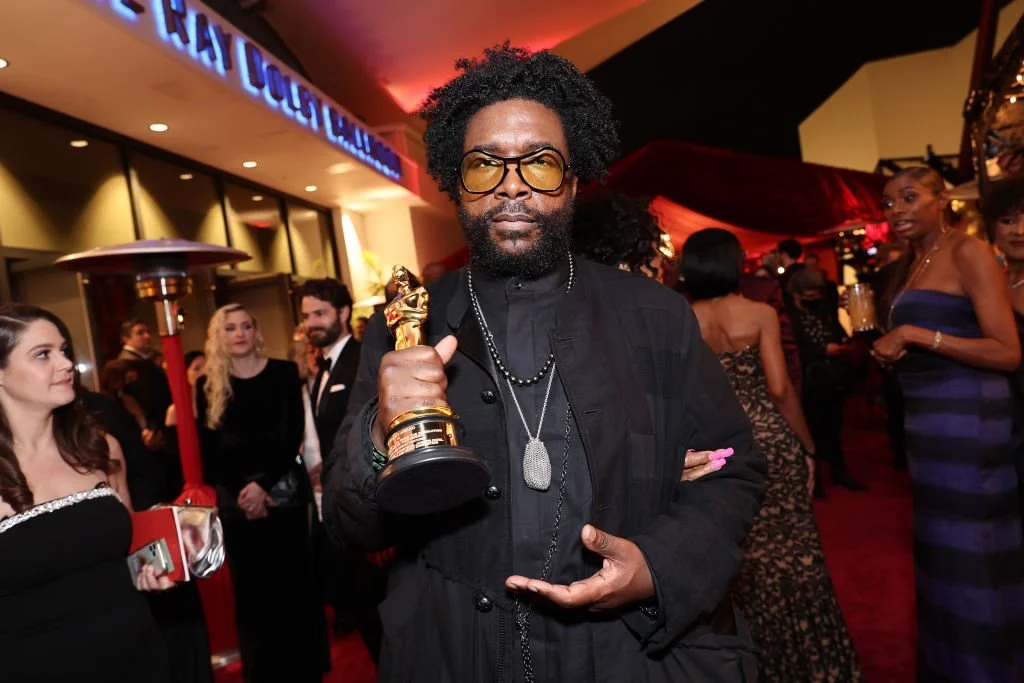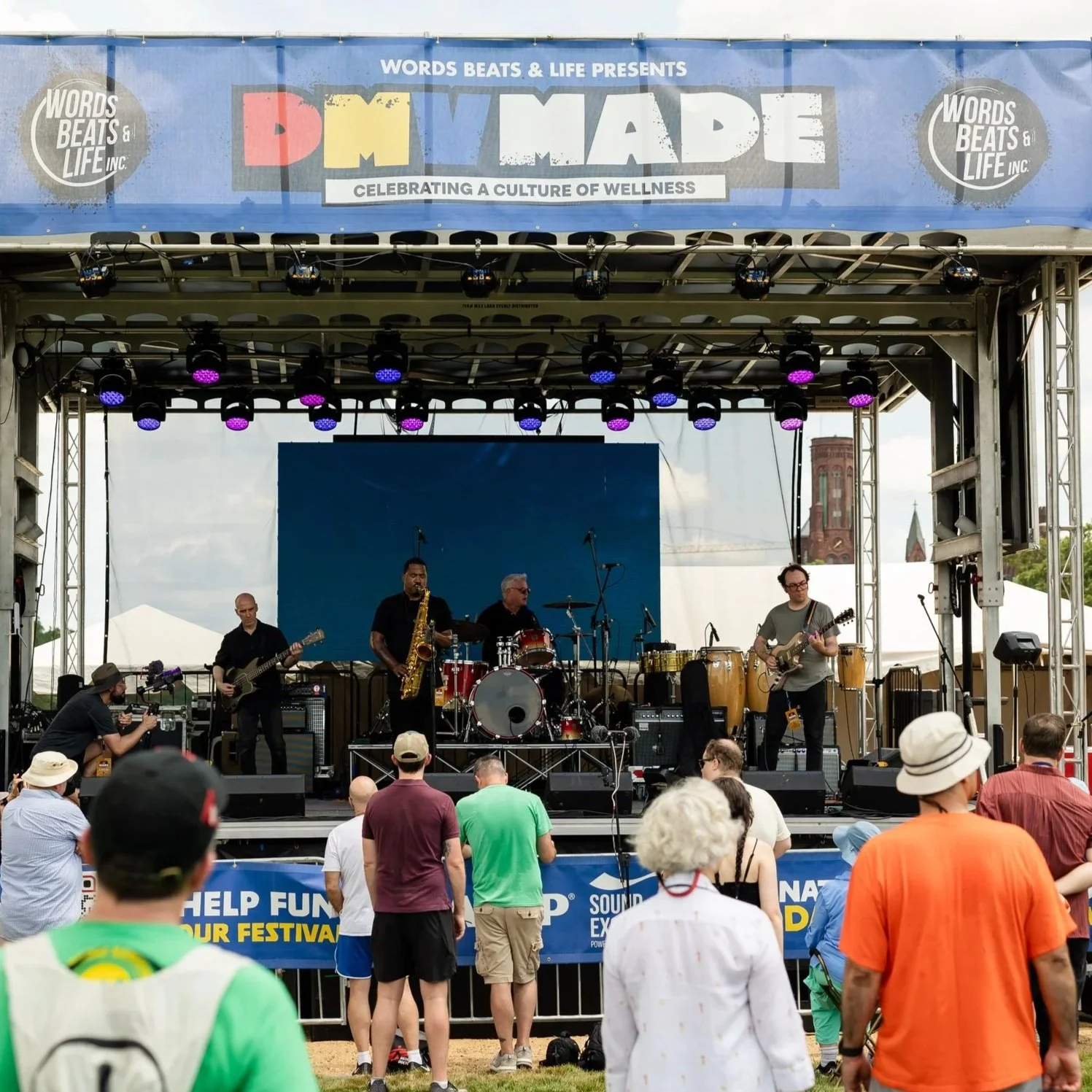Aging In The Place With Style & Grace
Members of hip-hop’s 50+ club are redefining the concept of middle age
When Clifford “Method Man” Smith emerged into the rap world back in 1993 as one-ninth of the Wu-Tang Clan, he rocked a glass eye, oversized denim, and Timberlands, and celebrated his grimy aesthetic. It was par for the course for rappers who came up in the “keep it real” era of early 90s hip-hop to look like the streets that made them. He had no interest in being considered a “sex symbol,” and even when he filmed for his most “lady-friendly” record, the ‘All I Need’ remix with Mary J. Blige, he postured roughneckishly atop a project building while professing his love amidst a drab backdrop.
Today, Method Man is a 54-year-old actor, emcee, and fitness aficionado. He hasn’t rocked a fake glass eye in decades and can often be seen walking red carpet events in tailor-made suits with a neatly groomed beard and curly, faded half-fro. He has been lauded as a sex symbol by many who weren’t even diehard Wu-Tang fans, and that is largely based on the consensus that he looks considerably younger than his actual age. But beyond his appearance, he exudes a mature energy that still gives off "I’m forever hip-hop." He continues to release freestyles and collaborate with younger and veteran MCs alike, proving that age is just a number in hip-hop if your bars still bite.
As someone who shares a birthday with hip-hop itself (August 11th), I recognize my older sibling as something forever fresh, innovative, energetic, and evolving. Hip-hop keeps its finger on the pulse of youth culture while also giving space for its OGs to age with grace. Consider Nas, who released Magic 3 in 2023 at age 50, receiving critical acclaim for rhymes as sharp as ever. Or Jay-Z, who during the 2023 Grammys reminded the world that hip-hop still struggles for full institutional recognition, even as it dominates global culture.
Hip-hop, as a global culture that impacts style, fashion, language, politics, and commerce, gives its earliest participants permission to remain tapped into the rebellious, youthful exuberance that birthed it. What started as an outlet for Bronx youth in the 1970s has grown into a multibillion-dollar industry. And its pioneers? They are still doin’ it and doin' it, and doin' it well.
In 2024, Questlove co-produced Hip-Hop Is History alongside Jelani Cobb. Rakim taught a masterclass on lyricism at Harvard.
Questlove of The Roots poses with his Oscar for Documentary (Feature) award for ‘Summer of Soul; Credit: Getty Images
Gen X and early millennial Black folks, raised in the genesis of hip-hop culture, aren’t transitioning into middle age the way our parents did. We are gettin’ grown on our terms. Black Thought is exploring jazz-rap fusion, and Common continues to evolve as a multiplatform artist and activist. Styles P owns a wellness juice bar chain and advocates for mental health in the Black community. Queen Latifah, as a visionary and successful owner of multiple businesses, is leading conversations about equal pay and visibility for women of color in media.
Whether we’re talking about LL Cool J building the Rock The Bells into a full-on lifestyle brand for grown hip-hop heads, or the excitement around the lyricism and freshness of a 52 year old (No) Malice partnering back up with his brotha Pusha T as the Clipse to produce one of the most anticipated albums of the year, hip-hop’s elder statesmen and women have rejected the notion of the genre being a young person’s game.
Hip-hop icon LL Cool J; Credit: Getty Images
None of this is by accident. It’s the result of the first generation raised on hip-hop being the torchbearers of innovation, and understanding the power of keeping it fresh. We know aging is inevitable. But growing older without the freshness? That's not an option.
Because staying fresh is not about trying to be disobedient to Father Time. It’s about honoring the cultural DNA that raised you. And for us, that DNA is hip-hop.






